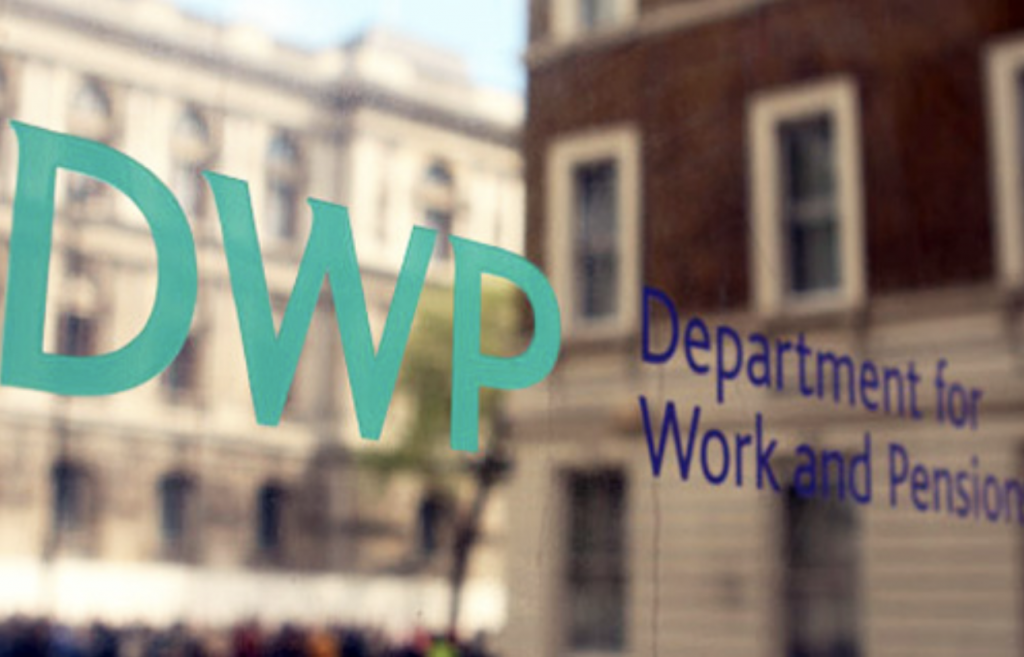The Department of Work and Pension has raised the possibility of Nest offering income drawdown and a far wider range of retirement options, as part of its consultation on helping savers understand pension choices.
The DWP has launched a call for input on what happens to members of occupational pension schemes when they reach retirement and plan their later life finances.
The FCA has taken the lead on this issue for ‘contract based’ pensions, introducing investment pathways and other ‘nudges’. The DWP is now looking at whether similar initiatives are needed in the trust-based world.
The DWP is seeking evidence on what support and information savers need both in the run-up to retirement, at the point they access savings, and after they have stared to take benefits. It is asking occupational pensions schemes about the support currently offered and what schemes are considering offering members in future.
The call for evidence will run for six weeks, closing on 25 July. Alongside this the DWP confirmed that it is also considering the possibility for Collective Defined Contribution (CDC) schemes to help provide income for pension savers, as this may be a route to providing a sustainable income without savers having to make complex financial decisions.
This DWP consultation cited Corporate Adviser’s recent research that found there is relatively limited support on offer from pension schemes and providers, with a huge variance between schemes on whether guidance is given as to what might be a sustainable income to take in retirement. It cited Corporate Adviser Intelligence reports, including the Workplace Pensions into Retirement Report, that found that 64 per cent of DC pots accessed in 2019/20 were done so without advice.
This consultation has been broadly welcomed by the industry. LCP partner and former pensions minister Steve Webb says: “I welcome DWP’s interest in what happens to people who have saved in a workplace pension and are now working out how best to use their pension pot in retirement.
“One priority for the DWP will be to focus not just on what happens at retirement but also on the journey through retirement. Most people will have modest pension pots and no access to financial advice, so they need products which will work for them without needing active engagement or investment expertise.
“The idea of a ‘flex first, fix later’ pension could be one such product, combining the best of both worlds – the flexibility and growth potential of drawdown and the certainty of a late life annuity. I hope that this DWP consultation will give proper attention to what happens post-retirement, as the right strategy at retirement may not be the right strategy ten or twenty years later”.
Tom McPhail, a director of public affairs at the consultancy Lang Cat said it was fantastic to see that the DWP had raised the question of Nest – by far the largest master trust provider in terms of number of savers – offering income drawdown products, which until now have been outside its remit. He said: “Industry vested interest and protectionism should no longer be allowed to prevail.”
Quilter head of retirement policy at Quilter Jon Greer adds: “Today’s call for evidence from the DWP which will explore ways to help people make the most of their pensions is not only needed but is critical to a generation of savers making the most of the freedoms they now have with their pensions.
“People now have unprecedented choice when it comes to their pensions but the majority have very little knowledge about what they need to do or how to do it. Navigating these options will represent one of the most important financial decisions they make in their life, yet many people understandably in the face of complexity choose the path of least resistance.
“The current rules in place for contract-based pension schemes like wake up packs at age 50 and investment pathways are good ideas and the same should apply to trust based occupational schemes.”
He says the current lack of a joined-up approach is disappointing. “ This is a complicated landscape and at the very least we should be applying the rules evenly across the market so that consumers know what to expect.”
He adds that savers should be given assistance with the choice of fund when they choose to use drawdown on a non-advised basis.
“People need help with these mammoth decisions and with making the whole topic more accessible. While they need this help at the point of taking their pension, ideally it would come much earlier during their working life to ensure they build up enough provision.
“The emergence of hybrid-advice models during the pandemic, which is the combination of online and in-person meetings, may serve to support government-backed guidance models, to make help more accessible for those with lower levels of pension provision.”
However, the government must, as a priority, look at the boundaries of financial advice and guidance so that the latter can become more impactful and enable providers to give more personalised guidance to those who may not require fully-fledged financial advice.”
